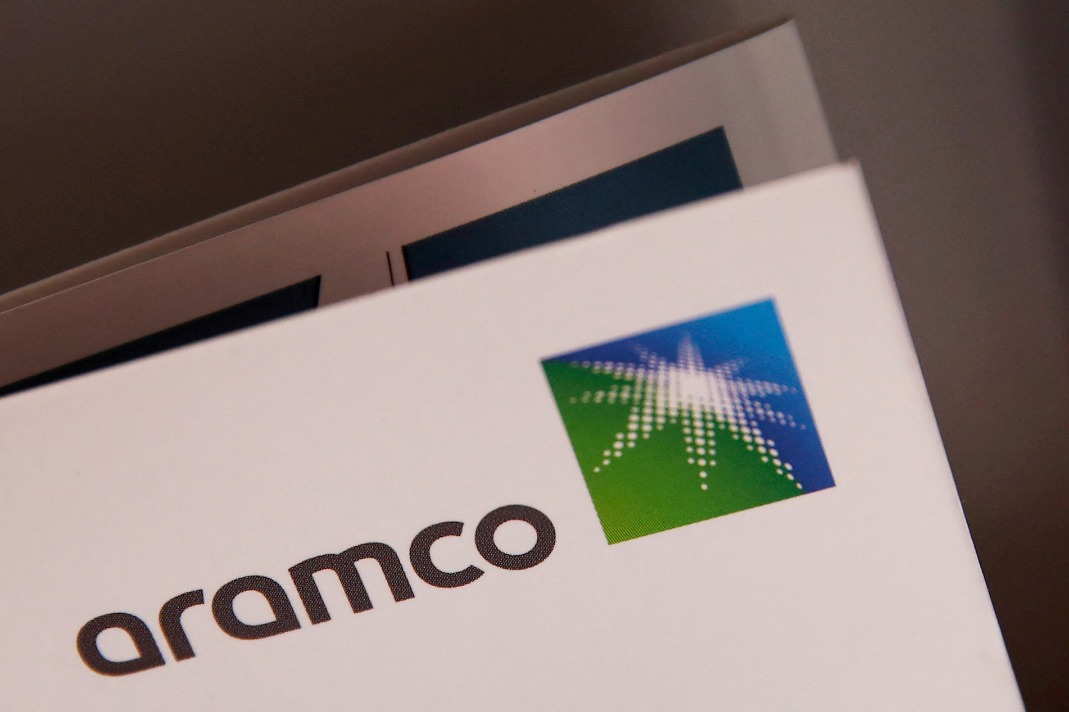WB sticks by China growth surge in 2021


It underlines accommodative policy, gradual withdrawal of fiscal support
Economic activity will continue to accelerate in China next year on the back of existing supportive policies, despite a grim outlook for global growth due to the resurgence in novel coronavirus cases and lockdowns, economists said.
The comments came after the World Bank updated its projections for China's GDP growth on Wednesday and said the country will return to its pre-pandemic growth level next year. The World Bank expects China's GDP to grow by 7.9 percent next year, compared with 2 percent this year, on the back of improved consumer and business confidence along with better labor market conditions.
Although the growth rate remained unchanged from the bank's projection this summer, the new report suggested navigating near-term uncertainty, which will require an accommodative policy framework calibrated to the pace of the recovery in China and the rest of the world.
"A premature policy exit and excessive tightening could derail the recovery," it said. "Along with a flexible and supportive monetary policy, China could use its fiscal space to hedge against downside risks to growth and ensure a smooth rotation from public to private demand."
After its initial rebound, global activity has shown some signs of slowdown recently. New global cases of COVID-19 increased to more than 625,000 per day in December, while daily fatalities rose to nearly 11,000. The recovery of the global goods trade has also slowed amid lagging trade in services, which may put pressure on China's sustained recovery, the World Bank said.
"The global environment remains highly uncertain and this calls for an accommodative policy framework," said Martin Raiser, country director for China at the World Bank.
"The withdrawal of fiscal support should proceed gradually, but the focus should shift from traditional infrastructure to more social spending and green investment."
To deal with uncertainties, for example, the special direct fiscal transfers to local governments, a new mechanism launched this year to ensure fiscal and bailout funds can be directly received by primary-level government departments and entities, could be extended through next year and explicitly targeted to increase social spending and/or green investment by local governments, said the World Bank report.
Sebastian Eckardt, lead economist for the World Bank in China, said China will need to embrace the growth potential of its most developed and innovative metropolitan areas and city clusters to rebalance the economy from investment to more innovation and services-driven growth.
"Such a shift will need to be accompanied by fiscal policies to ensure more equitable public service delivery and increased investment in human capital for people living outside urban areas and coastal provinces," Eckardt said.
Freddy Wong, managing director and head of fixed income for the Asia-Pacific region at Invesco, a US-based investment firm, said China may lower the fiscal deficit-to-GDP ratio next year and moderately control the issuance of local government debt in order to ease bond default risk pressure.
There may also be some other measures like injecting funds into local governments or their financing vehicles next year to ensure that their balance sheets are healthy, said Wong.
On Tuesday, an executive meeting of the State Council, the country's Cabinet, decided to extend the tenure of two monetary policy tools-allowing small and micro enterprises to delay loan principal and interest repayments, and offering credit loans with favorable prices to small businesses. Though these two mechanisms were supposed to end by this year, the meeting did not clarify as to how long the tools will be extended.
The extended monetary actions will help small and micro enterprises to better adjust to the changes in the domestic and external environment, while achieving a steady recovery in production, experts said.
Wen Bin, chief researcher at China Minsheng Bank, said new policies will help increase credit to smaller businesses and sustain the economic recovery, as headwinds may still continue next year in the early months.
In terms of monetary policy, the People's Bank of China should return to more conventional tools while phasing out window guidance, lending targets and relending facilities. It should also consider providing targeted support to ease COVID-19 shocks, according to economists from the World Bank.





































